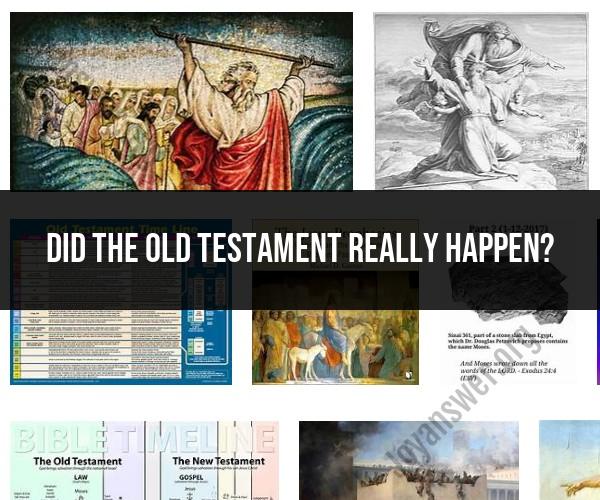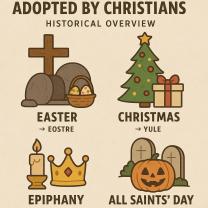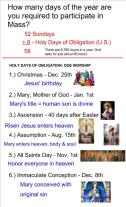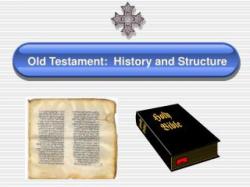Did the Old Testament really happen?
The question of whether events described in the Old Testament of the Bible are historically accurate is a topic of debate among scholars, theologians, and historians. The Old Testament contains a mix of historical narratives, religious teachings, poetry, prophecy, and mythological elements. Here are some key points to consider:
Historical Context: The Old Testament covers a wide range of time periods, from the supposed creation of the world to the Babylonian exile of the Israelites. Some events and individuals mentioned in the Old Testament, such as the reign of certain kings or the existence of ancient cities, have been corroborated by archaeological and historical evidence.
Lack of Contemporary Evidence: However, for many events and figures in the Old Testament, there is limited or no contemporary external evidence to confirm their historicity. This lack of evidence does not necessarily disprove these events but does raise questions about their accuracy and the extent to which they may have been embellished or mythologized over time.
Religious and Theological Interpretation: It's important to recognize that the Old Testament serves not only as a historical record but also as a religious and theological text. Many stories in the Old Testament convey moral, spiritual, and theological truths rather than strict historical accounts. They are often interpreted allegorically or symbolically.
Differing Interpretations: Different religious traditions and denominations may have varying views on the historical accuracy of specific Old Testament events. Some interpret these events more literally, while others emphasize their symbolic or theological significance.
Archaeological Discoveries: Archaeological research has contributed to our understanding of the ancient Near East and has provided insights into the historical context of the Old Testament. Some findings align with biblical accounts, while others raise questions or offer alternative perspectives.
In summary, the historicity of events in the Old Testament is a complex and multifaceted issue. While some events are supported by historical and archaeological evidence, others lack direct confirmation and may be subject to interpretation. The Old Testament is not solely a historical document; it is also a religious and literary work with rich theological and moral teachings. Therefore, whether the events "really happened" can depend on one's perspective and the specific stories in question. It is a topic that continues to be explored and debated by scholars and religious communities.
The historical accuracy of the Old Testament is a complex and controversial topic. There is a wide range of scholarly opinion on the matter, ranging from those who believe that the Old Testament is a completely accurate historical record to those who believe that it is largely mythical.
There is some archaeological evidence that supports the historical accuracy of the Old Testament. For example, archaeologists have found evidence of the Exodus from Egypt, the conquest of Canaan, and the Babylonian exile. However, there is also some archaeological evidence that contradicts the Old Testament. For example, archaeologists have not found any evidence of the destruction of Jericho, as described in the book of Joshua.
In addition, the Old Testament contains many stories and legends that are clearly not meant to be taken literally. For example, the story of Noah's Ark is a clear example of a folktale.
So, what is the historical accuracy of the Old Testament? The truth is, it is difficult to say. There is evidence to support both the historical accuracy of the Old Testament and its mythical elements. Ultimately, it is up to each individual to decide how much of the Old Testament they believe is historically accurate.
Here are some things to keep in mind when considering the historical accuracy of the Old Testament:
- The Old Testament was written over a long period of time, by many different authors.
- The Old Testament is a religious text, and it is important to remember that it was not written to be a history textbook.
- The Old Testament contains many different genres of literature, including history, poetry, prophecy, and law.
It is important to approach the Old Testament with a critical eye. Do not assume that everything you read is literally true. Instead, try to understand the context in which each passage was written and the purpose of the author.
If you are interested in learning more about the historical accuracy of the Old Testament, I recommend doing some research on the topic. There are many books and articles available on the subject.













